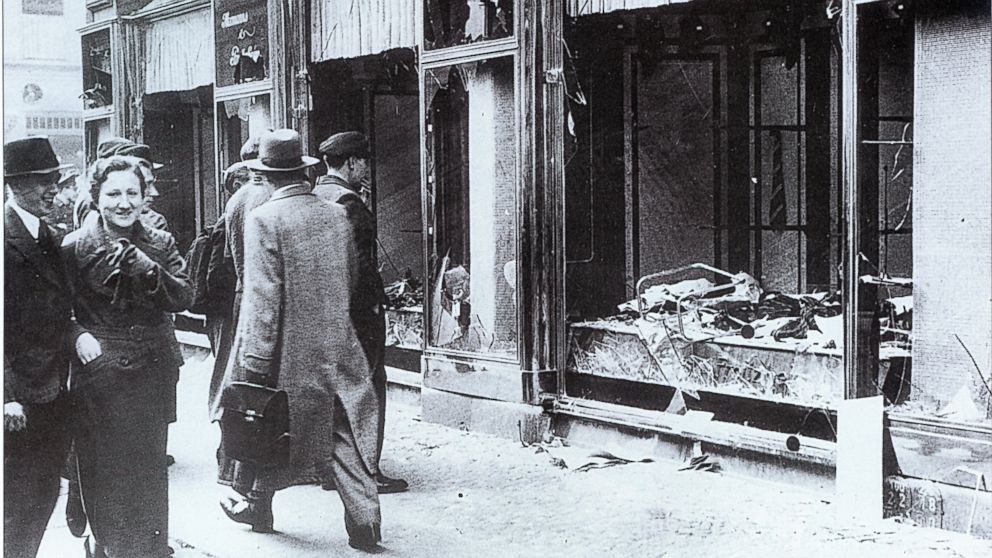By Ben Kopp
Impunity Watch Reporter, Europe
WASHINGTON, DC, United States – Neo-Nazis protested against immigration reform in the United States. In response, several organizations and city officials staged counter-demonstrations.

On 9 November 1938, non-Jewish persons throughout Germany plundered and destroyed Jewish homes, synagogues, schools, and businesses. An estimated 1500 people died as a result of the attacks, which began around Hesse, making it one of the deadliest and most violent programs during the Nazi reign.
On 9 November 2013, the 75th anniversary of what is now called “Kristallnacht” or the “Night of Broken Glass,” the National Socialist Movement (NSM) staged a rally at 3:00 p.m. at the Jackson County Courthouse in Kansas City, Missouri to protest against immigration reform. NSM is a white supremacist party that claims to be “the political party for every white American.”
A leaflet for the event stated: “If you are working for a slaves wage, making barely enough to feed your family, and are tired of seeing the corruption that is crippling our land, the time to get active in this fight is now.”
NSM claimed that politicians who advocate amnesty for “illegal aliens” are allowing the “nation to drown in a free fall of economic collapse.”
Kansas City police screened all persons entering the protest for firearms, padlocks, chains, backpacks, and baby strollers, which were strictly prohibited. Police stated that the security measures ensured “a peaceful expression of ideas” and helped avoid any violent incidents.
The ACLU objected to the restrictions, saying protesters on both sides needed pickets to hold up their signs.
About three dozen neo-Nazis attended, marched down the sidewalk, and preached their views in the shadow of an Andrew Jackson statute.
Across from the NSM rally, hundreds of opponents held signs and shouted from behind barricades and police tape. One sign, with a picture of Southern cook Paula Deen demanded, “White Flour! And more butter.” Pro-diversity protesters outnumbered the Nazis approximately nine-to-one.
Pro-diversity protester Ryan Jones said, “Humor dispels hate. Making a mockery of it makes the whole thing hard to take seriously.”
Before the protest, NSM claimed that other white supremacist groups would join them, including the White Christian Group of Aryan Nations, the Sadistic Souls Motorcycle Club, and the Traditionalist American Knights, a Klu Klux Klan affiliate.
In response to the protest, several civil, human rights, and anti-racism organizations planned counter-rallies for the same time.
The Latino Coalition of Kansas City (LCKC) called for members to peacefully “stand up against the Nazis.”
At the Liberty Memorial, Kansas City officials and organizations staged a rally to support immigration reform. Kansas City Mayor Sly James said that immigration reform will happen only if people push their representatives and use voting as a voice.
The Ida B Wells Coalition against Racism and Police Brutality of Kansas City called local hotels to confirm that they were “not harboring Nazis.”
While the city made clear that it did not agree with NSM’s message, the city demonstrated that freedom of speech means the diversity of people and ideas.
For further information, please see:
ABC News – Neo-Nazis Stage Rally on Kristallnacht Anniversary in Kansas City – November 9, 2013
Kansas City Star – Freedom of Speech Reigns in Rally Faceoff – November 9, 2013
KCTV 5 News – ACLU Has Concerns over Restrictions at Neo-Nazi Rally – November 9, 2013
Kansas City Business Journal – Kansas City Council Roundup: Nazis Not Welcome – November 1, 2013
